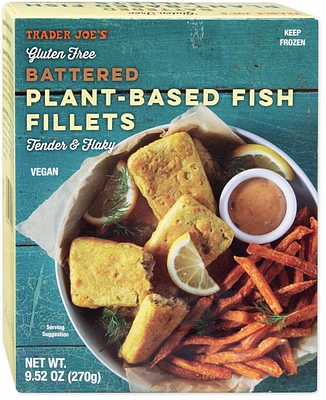Home
Oilseed Meal as a Sustainable Contributor to Plant-Based Protein: Paving the Way Towards Circular Economy and Nutritional Security
Barnes and Noble
Oilseed Meal as a Sustainable Contributor to Plant-Based Protein: Paving the Way Towards Circular Economy and Nutritional Security
Current price: $199.99


Barnes and Noble
Oilseed Meal as a Sustainable Contributor to Plant-Based Protein: Paving the Way Towards Circular Economy and Nutritional Security
Current price: $199.99
Size: Hardcover
Loading Inventory...
*Product information may vary - to confirm product availability, pricing, shipping and return information please contact Barnes and Noble
Protein is one of the most important ingredients of the human diet and is considered crucial for the growth development of all age groups. Studies have set the recommended dietary allowance of protein as 0.8 g/kg body weight per day for healthy adults. The world population is projected to reach 10 billion by 2050 and it will be a significant challenge for the scientific community to overcome the growing demand for protein. The results of global warming, from shifting climactic conditions to unpredictable rainfalls, have further complicated the situation. The search for alternative protein sources that can be both sustainable and renewable is one of the major challenges in the face of potential mass protein malnutrition. Oilseed crops such as soybean, mustard, oil palm, peanuts, cottonseed, flax seed, coconut, canola and sesame are mainly cultivated for the extraction of cooking oil and are underutilized as sources of protein. Oilseed meals contain as much as 50% protein but remain under-valued since they are traditionally utilized as fertilizer or as feed for livesk animals. Numerous recent studies show that oilseed meal sources can be utilized as a sustainable and renewable source of protein and could play a major role in alleviating the global problem of protein malnutrition.


















